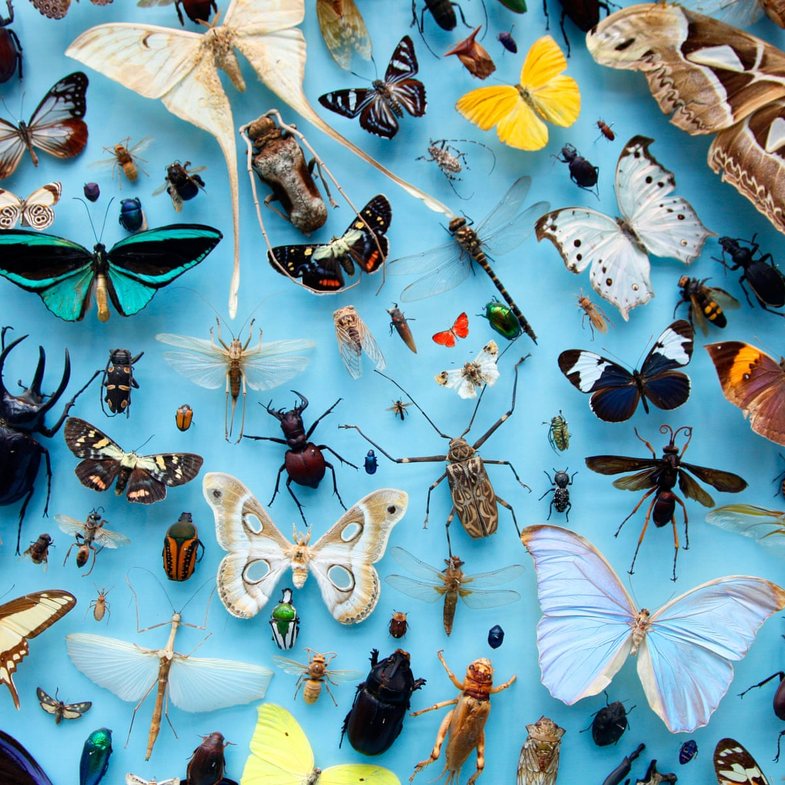
Mbijetesa afatgjatë e specieve të kafshëve pa riprodhim seksual mendohej të ishte praktikisht e pamundur - deri më tani.
Shkencëtarët në Universitetet e Këlnit dhe Göttingenit zbuluan se Oppiella nova, lloj merimangash, kanë mbijetuar për mijëra - ndoshta edhe miliona - vjet pa bërë seks.
Te kafshët me dy grupe kromozomesh, përfshirë njerëzit, seksi siguron që gjenetika jonë “të përzihet” duke siguruar diversitet. Ky diversitet gjenetik është ajo që lejon shumicën e jetës në Tokë të përshtatet me kalimin e kohës, duke evoluar karakteristika që i përshtaten më së miri mjediseve tona.

Por kjo "përzierje" nuk ndodh në organizmat që riprodhohen në mënyrë aseksuale. Oppiella nova mund të klonohet në vend që të riprodhohet. Pavarësisht se prodhojnë ato që janë në thelb klonet e tyre, këto specie janë ende në gjendje të prezantojnë variacion gjenetik dhe të përshtaten me mjediset e tyre në një mënyrë ose tjetër.
Dy kopjet e informacionit të tyre gjenetik grumbullojnë mutacione të veçanta, duke evoluar në mënyrë të pavarur. Ky quhet efekti Meselson dhe gjendet vetëm te speciet që riprodhohen vetëm në mënyrë aseksuale.
"Kjo mund të tingëllojë e thjeshtë. Por në praktikë, efekti Meselson nuk është demonstruar kurrë përfundimisht te kafshët - deri tani,” thotë Prof. Tanja Schwander nga Departamenti i Ekologjisë dhe Evolucionit në University of Lausanne.
Mbijetesa e një specie për një kohë të gjatë pa riprodhim seksual është e rrallë, por siç tregoi studimi, jo e pamundur. Ekipi i biologëve dhe zoologëve mendojnë se Oppiella nova vlen ende për t’u studiuar për të kuptuar si funksionon evolucioni pa seks.
Burimi: Euronews







